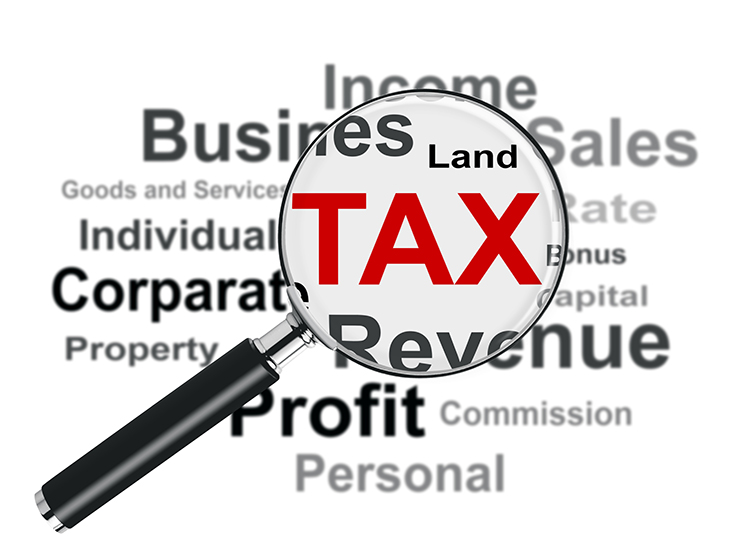Recent tax rule changes have created some excellent potential money saving opportunities for businesses and business owners. Changes in 2019 impacting businesses include:
• Corporate tax rate reduced to 21%
• No corporate alternative minimum tax
• Limits on business interest deductions
• Generous expensing and depreciation rules
• Possible special deduction for non-corporate taxpayers with qualified business income from pass-through entities
• Potential deduction of up to 20% of your qualified business income. This deduction may be limited if your taxable income exceeds $321,400 for a married couple filing jointly, $160,700 for singles and heads of household, and $160,725 for marrieds filing separately.
• You may be able to achieve significant savings with respect to this deduction, by deferring income or accelerating deductions to be below these thresholds (or be subject to a smaller phaseout of the deduction) for 2019.
• More small businesses can use the cash (as opposed to accrual) method of accounting in than were allowed to do so in earlier years. To qualify as a “small business” for this purpose you must, among other things, satisfy a gross receipts test. For 2019, the gross-receipts test is satisfied if, during a three-year testing period, average annual gross receipts don’t exceed $26 million (the dollar amount was $25 million for 2018, and for earlier years it was $5 million).
• You should consider making expenditures that qualify for the liberalized business property expensing option. For tax years beginning in 2019, the expensing limit is $1,020,000, and the investment ceiling limit is $2,550,000. Expensing is generally available for most depreciable property (other than buildings) and off-the-shelf computer software. It is also available for qualified improvement property (generally, any interior improvement to a building’s interior, but not for enlargement of a building, elevators or escalators, or the internal structural framework), for roofs, and for HVAC, fire protection, alarm, and security systems. Property acquired and placed in service in the last days of 2019, rather than at the beginning of 2020, can result in a full expensing deduction in 2019.
• Businesses also can claim a 100% first-year bonus depreciation deduction for machinery and equipment — bought used (with some exceptions) or new—if purchased and placed in service this year. The 100% deduction is permitted without any proration based on the length of time that an asset is in service during the tax year. As a result, the deduction is available even if qualifying assets are in service for only a few days in 2019.
• Businesses may be able to take advantage of the de minimis safe harbor election (also known as the book-tax conformity election) to expense the costs of lower-cost assets and materials and supplies, assuming the costs don’t have to be capitalized under the Code Sec. 263A uniform capitalization (UNICAP) rules. To qualify for the election, the cost of a unit of property can’t exceed $5,000 if the taxpayer has an applicable financial statement (AFS; e.g., a certified audited financial statement along with an independent CPA’s report). If there’s no AFS, the cost of a unit of property can’t exceed $2,500. Where the UNICAP rules aren’t an issue, consider purchasing such qualifying items before the end of 2019.
• A corporation (other than a “large” corporation) that anticipates a small net operating loss (NOL) for 2019 (and substantial net income in 2020) may find it worthwhile to accelerate just enough of its 2020 income (or to defer just enough of its 2019 deductions) to create a small amount of net income for 2019. This will permit the corporation to base its 2020 estimated tax installments on the relatively small amount of income shown on its 2019 return, rather than having to pay estimated taxes based on 100% of its much larger 2020 taxable income.
• To reduce your 2019 taxable income, review your passive activity portfolio and consider whether disposing of a passive activity in 2019 will allow you to deduct suspended passive activity losses
Your HW & Associates tax and accounting professional will ensure that you do not miss out on opportunities to optimize your tax position. They will support you in understanding and exploring the options that may benefit you. Your tax organizer will be arriving in your portal soon. Contact your HW & Associates CPA with any questions or to set up your year-end tax planning meeting.

